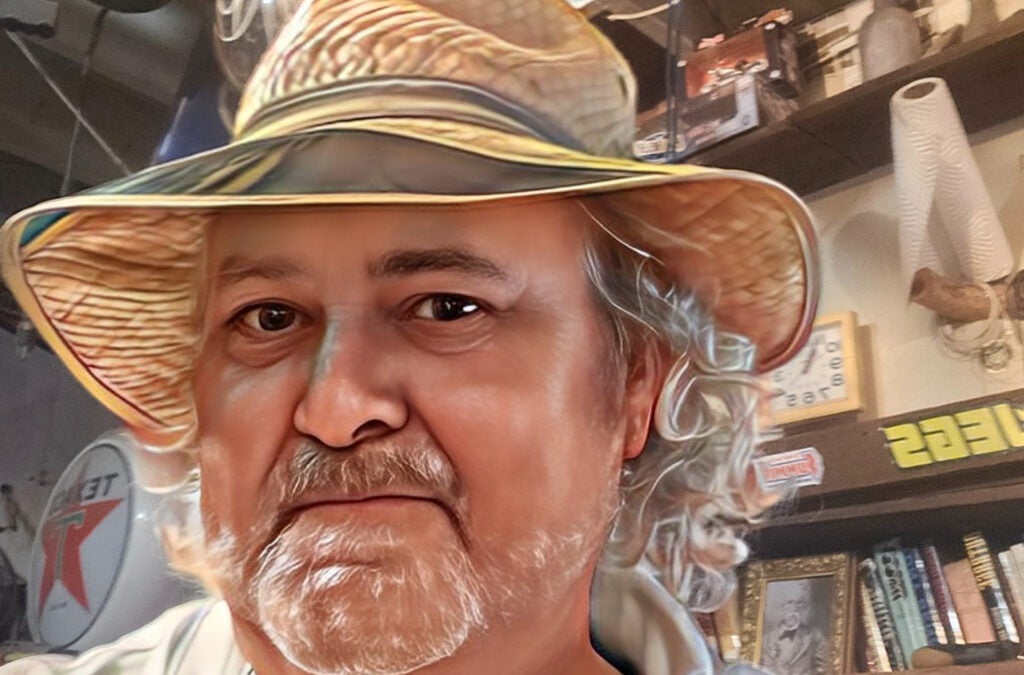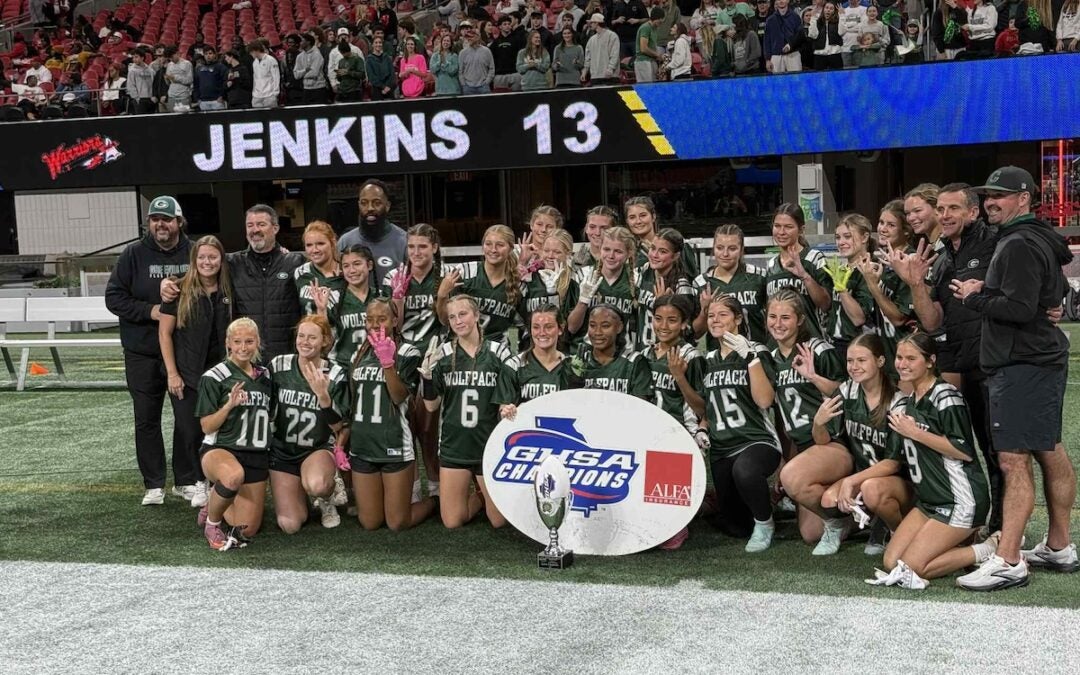A reader reminded me of a column I wrote some time back on the importance of failure and told me that the column really struck a nerve with them.
Mostly, what the column was about was how we have a tendency of mollycoddling our offspring, teaching them that a participation trophy is as good as first place, or worse, plying them with drugs to help them concentrate or cope with the prospects of failure.
I totally stand by what I wrote in last year’s column, “The importance of failure,” and I think there is more to be said about what may, in actuality, be one of life’s greatest gifts: failure.
A kid too afraid to fail is a kid who will never realize their own potential; meanwhile, an adult who lets their dreams be relegated to slumber time out of the fear of failure will eventually become mired in self loathing and will wallow in the “woulda, coulda, shoulda” of one missed opportunity after another.
The consequences of having an aversion to failure is more than just a missed opportunity out of hesitance, though, it is also the act of depriving oneself of relationships and personal bonds that may offer comfort and companionship on the road that leads to success.
Shortly after I left home to seek my fortune in this world, I took a leave of absence from the successful company I worked for to join a rock band. At the time, my mother told me, “Son, you are a dreamer, and sometimes I don’t know if that is a good thing or not.”
She still supported me, but I know deep down, she thought I was nuts.
As a mother who would never think of heaping on praise over a participation trophy, my mother wasn’t attempting to talk me out of anything, but rather only expressing the trepidation of a mother who had raised her kid to be fearless, but knowing that fearlessness comes with consequences.
The absence of a wall of gold records in my living room attests to the fact that I never became a rock star, but I learned quite a bit from my time on the road, and I made many personal connections that I have to this day. Rock music enticed me into getting into radio and those gigs on radio covering the news totally prepared me for what I would be doing today; the writing styles for the different mediums is almost total opposite in the dos and don’ts, but writing for radio sharpened my skills better than anything I learned in a classroom.
As I look back on my long, long list of what I can deem failures in my life, I find that two commonalities that come into play. In many ways, failure teaches one what not to do next time, and it brings people into your orbit that you can learn from.
My early involvement in the arts never turned into a red carpet career, but I came across people such as Doug Joiner, Charmain Brackett and Austin Rhodes and many others in the local arts community. When I ended up “on stage” with my greatest foray into risk, helping found a daily newspaper, those people were always at the ready with advice, sometimes whether I wanted it or not!
When I look back on my past failures, I can always pinpoint exactly where I went wrong and use that as a template of what not to do next time.
In 2010, I opened up a fine wine and beverage store, even though I had no knowledge of how a retail operation works. I thought that my concept of a small “beverage emporium” would drive the traffic, but I missed quite a bit of what has to happen behind the scenes to make such a venture a success.
My turn as a small business owner didn’t go any further than my acting career, but I learned quite a bit about myself. I loved chatting up customers on what is a good wine pairing for rack of lamb; however, things like hiring staff, making a weekly schedule and strategically ordering inventory were over my head.
I made the mistake of thinking, because of my business’ location, that Masters week would buoy up the business for the rest of the year, and boy, was I sadly mistaken.
Subsequently, when The Augusta Press was in its formative stages, I told Joe Edge that I didn’t want to have anything to do with management. I learned that my strength, what I brought to the table, was writing. I think it was wise of me to leave the hiring to someone else and take on the role of a foot soldier instead of a general.
The failed liquor store also taught me that I should never stop learning. Just because one can separate the various tones of a fine wine on the palette, doesn’t make one an expert on selling wine.
It is out of that, when I became a professional writer, I abandoned the long held writer’s tenet of “write what you know,” and changed it to “write what you learn.”
A college student asked me during a guest lecture at Augusta University if I used “Grammerly” or any of these other AI platforms, and my answer was “no.”
Rather than allow a computer program to do half of the work, I prefer to learn as much as I can about my craft on my own. Yes, at 54, I am still benefiting from on the job learning!
I keep a document page on my desktop called “words, phrases, idioms, etc.” As I run across new words, come up with a cheeky phrase or get reminded of some long-lost idiom, I can easily open the page up and add them to my list for future use.
I think that striving and wanting to learn makes for a better journalist, in that you educate yourself before you attempt to educate someone else. The mindset of always learning helps eliminate the tendency to be biased as the writer is interested in learning all sides to a story.
The fourth anniversary of The Augusta Press came and went last January to very little fanfare, mostly because we were all too busy putting out a daily newspaper to notice until the date was right on top of us.
I remember those heady days of putting the pieces that became TAP together in place with fondness.
The toughest part was trying to convince someone else to invest their hard earned money in the concept. I set up a ton of meetings, lunches and coffees to basically try to convince that one person I needed to provide the fuel for my match.
In many of those meetings, I could tell from the body language of the others that I was floundering, and with each failed presentation, I changed and honed the presentation as if I were learning a new way to cast a rod and reel.
Being a dreamer is a good thing, and failure, when seen in the correct light and used as a learning experience, becomes merely one stepping stone to success.
.
Scott Hudson is the Senior Investigative Reporter, Editorial Page Editor and weekly columnist for The Augusta Press. Reach him at scott@theaugustapress.com












